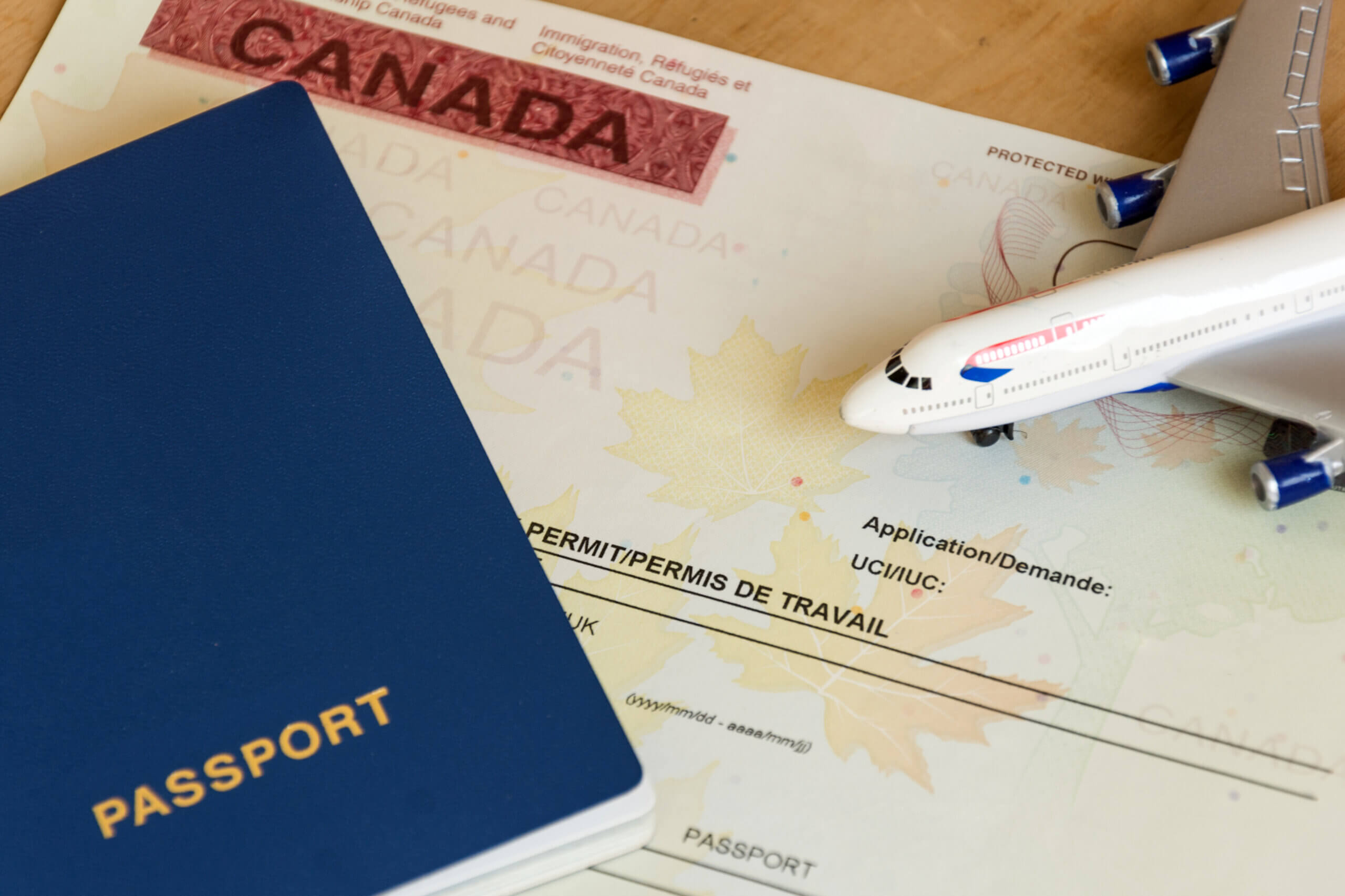Following amendments to the Immigration and Refugee Protection Regulations (IRPR) on September 26, 2022, the Government of Canada has made several changes to strengthen protections for Temporary Foreign Workers (TFWs). The IRPR provides new obligations for employers and increases the powers of government authorities to hold them accountable in the event of non-compliance.
Employers using the International Mobility Program (IMP) – for a work permit application exempt from a Labor Market Impact Assessment (LMIA) – will now have to comply with the following additional conditions:
- Do not charge or recover government processing fees and costs related to the recruitment of the TFW either directly or indirectly, for example by using the services of a recruiter. Recruitment costs include, but are not limited to, the costs of using a third-party representative and job posting costs.
- Provide TFWs with reasonable access to health care services when they become injured or ill in the workplace.
- On or before the first day of employment, provide the TFW, in English or French, as the TFW chooses, with the most up-to-date information on the rights of foreign nationals in Canada made available for this purpose by the Government of Canada.
- On or before the first day of work, provide the TFW, in English or French, as the TFW chooses, with an employment contract that mirrors what has been advertised and approved by the authorities for his hiring and which is signed by both parties.
For employers using the Temporary Foreign Worker Program (TFWP) – requiring a positive Labour Market Impact Assessment (LMIA), whether to fill a high-wage or low-wage position – they will have to, in addition to the new obligations described above:
- Obtain private health insurance for the TFW that will cover emergency medical care for the entire period during which the TFW is not covered by provincial or territorial public health insurance of the work location. This insurance must be paid by the employer and cannot be recovered in any case from the TFW by means of salary deductions or recovery clauses in an employment agreement or any other agreement. The employer must therefore pay attention to this, not only during the initial hiring of the TFW, but also during the work permit renewal process which may, on certain occasions, interrupt the public health insurance coverage of the TFW.
Finally, as part of the LMIA application process, employers who have not hired a TFW in the past six (6) years will be subject to further review of their eligibility to take part in the TFWP. These employers will need to confirm that they have made reasonable efforts to provide an abuse-free workplace and that they were and are not affiliated with an employer who is not eligible for the TFWP or in default of any amount payable in respect of an administrative monetary penalty. Furthermore, processing of LMIA applications may be suspended if there is reason to suspect that an employer is not complying with or has not complied with certain program conditions and that said non-compliance could put a TFW at serious health or safety risk.
While hiring TFWs is proving to be a chosen path by a growing number of employers to answer workforce shortage, they must be aware of their obligations and responsibilities arising from participating to various immigration programs in order to make this solution a practical and lasting solution for the company's activities. Our team of immigration law professionals is available to discuss furthermore with you on the various implications of employer compliance and guide you through best practices in hiring TFWs. Feel free to contact us.
ABOUT US
With our team of professionals, lawyers, notaries and tax specialists covering the entire Quebec territory, Cain Lamarre is the most well-established law firm in Quebec and one of the largest in the province.
Contact us for more information : immigration@cainlamarre.ca


















